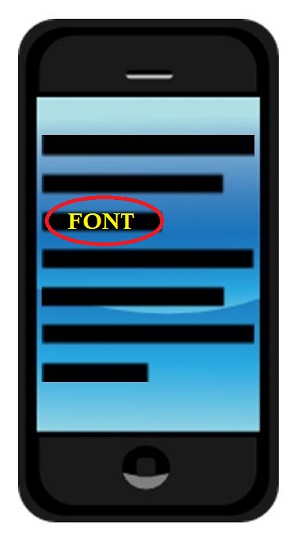A popular UK mall is using iBeacon technology for its special “Ladies Night”.
The marketing team at Meadowhall shopping center, located in Sheffield, South Yorkshire, England, has developed a mobile app that uses geolocation technology, which will give its female shoppers the opportunity to take advantage of great deals and bargains during its “Ladies Night” event later this week.
Shoppers with the mobile app can receive real-time discount offers.
Meadowhall’s marketing team, in collaboration with technology startup TagPoints, developed the application. However, the app was not only designed for the upcoming event, but has also been created to work with specific events that are occurring throughout the shopping mall’s calendar. That being said “Ladies Night” will be its initial test.
When users download the app, real-time shopping deals from retailers in the mall will be sent directly to their mobile device. This is made possible through BLE (Bluetooth Low Energy) iBeacon technology.
When a shopper discovers a hotspot, a push notification is sent to their smartphone. All they need to do is tap the notification to activate the offer. Once activated, the offer can be redeemed immediately. Some of the participating retailers include: Hotel Chocolat, House of Fraser, Cath Kidston, and Krispy Kreme.
Meadowhall’s marketing director, Richard Pinfold, said “our upcoming Ladies’ Night event provides us with the perfect opportunity to launch this new platform. We will be closely monitoring our customers’ response to the trial to best manage the frequency and targeting of messages, and indeed the hotspot locations as a result.” He went on to say that iBeacon is an “exciting marketing concept”. It allows Meadowhall to connect with its shoppers and provide them with appropriate discounts and offers based on the customer’s location.
The introduction of geolocation technology is only one of many new systems implemented by Medowhall.
In addition to the app that uses iBeacon, the mall has also put its MallComm app into action, which is an application designed to share information and news among retailers who trade at the shopping center.
Nonetheless, it is the hope of Meadowhall that their trials during this event will help to illustrate the usefulness of iBeacon geolocation technology to retailers and consumers, alike. Location based tech has been rapidly adopted among merchants around the world, but shoppers are more hesitant to take part as they are resistant to opt into programs that involve tracking. Should the technique be employed appropriately, however, this has the chance to become one of the most successful applications achieved, so far.

 Shomi intends to generate revenue by storing the data it collects from users of its code, analyzing this data and providing it to publishers who use the Shomi code. According to Williams, the free version of their platform with basic analytics is currently available.
Shomi intends to generate revenue by storing the data it collects from users of its code, analyzing this data and providing it to publishers who use the Shomi code. According to Williams, the free version of their platform with basic analytics is currently available.